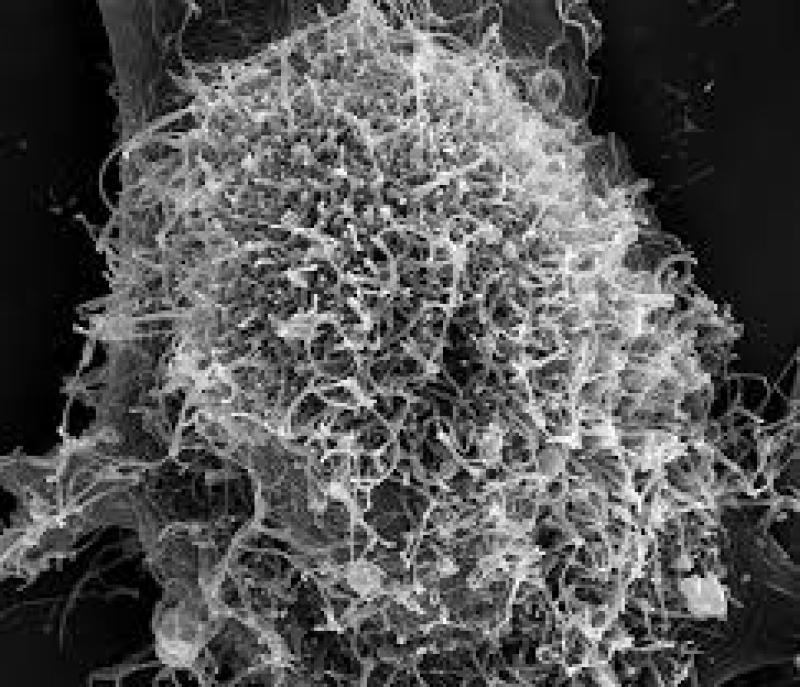

AP and Yonhap News reported that the National Institutes of Health (NIH) confirmed that the first testing of the potential vaccine for the Ebola Virus has produced some hopeful results. 20 people were recruited from the ages 18 to 50 for human testing. NIH insiders explained that 4 weeks after the vaccine was administered, an antibody was formed within all of the subjects.
In addition, AP reported that the half the subjects had received a larger dose of the medicine, and more antibodies formed within their systems compared to those of the other half of the people that participated in the testing. For some patients, cells that stimulate immunity against the epidemic, referred to by scientists as T cells, were formed. Similar phenomena were witnessed when the same vaccine was tested on monkeys.
This was the first human testing of the potential Ebola vaccine. NIH told the press that there were no major side-effects of the drug. It reported however that 2 of the subjects had come out with a high fever, but even that went away completely after 24 hours.
The United States health authorities stated that the vaccine is now ready for further testing in West Africa starting with Liberia, which has seen the most Ebola victims. This means that the scientists will be getting ready to mass-produce this new medicine.
Before mass production however, NIH and WHO reported that they still need to answer a number of questions such as how much of the vaccine should be administered to according to how much the vaccine has progressed, what are other possible side-effects and what must be done to be rid of those side-effects.
Although the treatment still has a long way to go, many have expressed that the success of the first human testing is a significant leap forward in the war against Ebola.



















